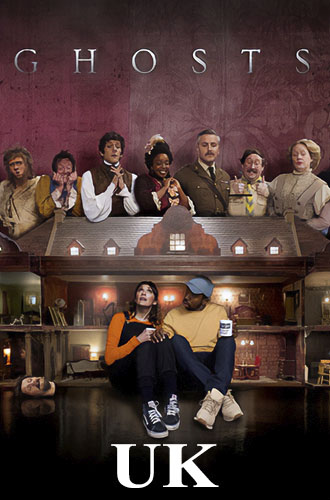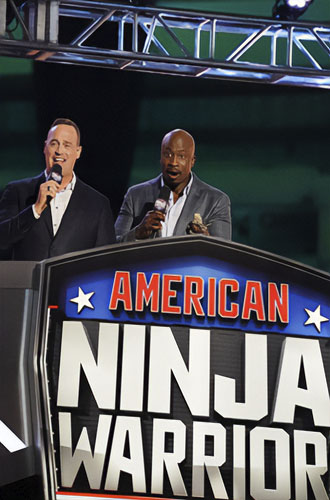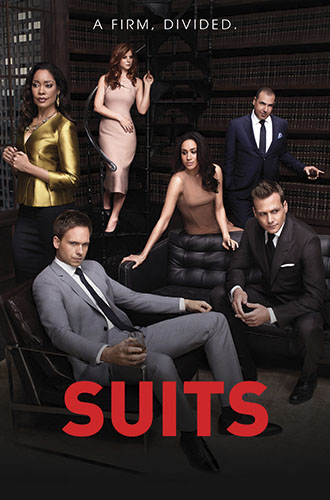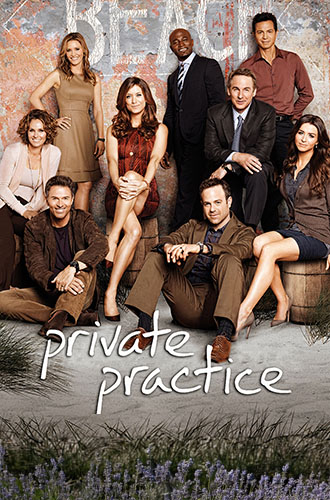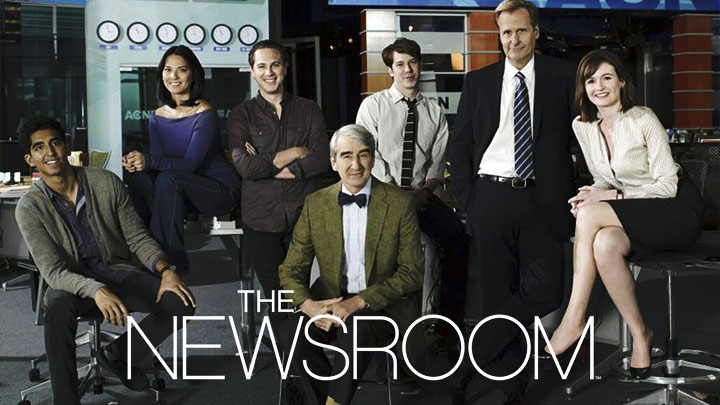Women Empowered
by Oedipus Wrecks
We do not often provide book reports in these pages, but we do rather enjoy tales of women who succeed against all (Male Sexist Pig) odds. Consequently, when those two things happen to merge, well, we get out our fan-wear and start shouting to the rafters.
Women Empowered Historically
 The Great Stewardess Rebellion
The Great Stewardess Rebellion
Let’s say you happen to be a woman, and you decide you want to apply for a job. Doing your preliminary research, you find a standard list of requirements.
- You must be “Slim” in the company’s opinion.
- You must have perfect teeth and eyes.
- Naturally, you must be single.
- And obviously you cannot be pregnant or already have kids.
- You understand the uniform requires wearing (at all times when the public may see you) stockings, gloves, as well as a girdle.
- Also, you must complete a “finishing school” before you can start work, after which you’ll be required to spend $6,700 on your uniforms while preparing to earn a $3,000/month salary. OH! And…
- You will be fired when you reach the ripe old age of 32.
These days that may not go over very well, right? And yet should you have wished to be a flight attendant in the 1960s, well, them’s the rules. From this point, Nell McShane Wulfhart takes off with us on her journey into the depressingly real world of women trying to be treated in the workforce as, y’know, human.
Honestly the read will both enlighten you while at the same time often shocking you speechless. We do not wish to reduce the work to a series of struggles and hard-fought successes, though, because you really need to get a copy of the book and absorb that on your own. Since we started with a list, however, we can give you a quick rundown on some of the things we learned while reading this inspirational work.
- American Airlines had a “college” residents called the “Charm Farm” whose President called all the aspiring women his “Honeybuns” …
- Because of the very low pay, stewardesses often ended up living in cheap apartment complexes with three or four roommates in places that came to be known as “stew zoos” in the industry.
- The 1964 Civil Rights Act should have put the sex discrimination to bed, but enforcement of that Act ended up with a bunch of men running the EEOC. Even the “fired when married” provisions of stewardess contracts did not get shut down by a legal ruling until 1971. The last case against an airline for the marriage provisions did not resolve until 1986, at which point UAL had to fork out $33 million. (You can fight long, expensive, fights if you are a big corporation, but you had better hope you win if the other side sticks it out.)
- Once the EEOC finally said that being a woman was not a BFOQ — Bonafide Occupational Qualification, and a BFD in labor law — the airlines had to start hiring men, who immediately began being treated differently. The women had to keep filing grievances with the unions to get rid of things like girdles, “slip checks” and high heels. Most men look silly in high heels, after all.
- In 1976, (male) union leaders were so astounded that the stewardesses kept rejecting contract offers that they stormed the room “with goons” at the third vote and demanded to be present during the counting. When the offer failed for the third time, though, to their credit the men did accept the loss instead of spending — hypothetically, of course — say, the next three years complaining about how the vote was rigged. (Clearly they had not found a charismatic crazy person to lead them yet.)
Bottom line, people need to be educated before societal change can effectively occur. You may need to drag them kicking and screaming, but they will learn. (Anyone who has ever raised a toddler can tell you that.) Important fights will always take what will in retrospect seem to be an amazing amount of time. Hey, in 1970 there were 20,000 women denied admittance to State schools — and zero men. (We learned that in this fascinating but painful book too.)
The most eye-opening revelation upon taking this trip, however, had to be when we realized that this “history” all happened only 50 years ago. Think about it: You know people that lived through this. You may know a lot of people that lived through this. After you check with them to verify that Continental Airlines actually ran an ad campaign featuring (slim, perfect teeth, uniformed, under 32, yada-yada) women with the slogan “We Really Move Our Tail for You,” you may be able to start a conversation about all sorts of things that happen to be a whole lot better now than they were then.
On the other hand, if you find yourself motivated and want to try an interesting social experiment, next time you happen to be in public and you spy a person who appeals to you, just walk up and say, “Hey, Honeybuns.” … That’ll be fun.
At the risk of over-exciting your cringe impulse, you can in fact find all sorts of evidence of old airline advertisements on the web. Even YouTube can be a wealth of “Good Grief” moments, including even a Braniff “Air Strip” concept and commercial (later removed for a “copyright” violation, which should have rather been a “horribly embarrassing” violation). Not to cast any shade at all on Braniff, per se, as almost all major corporations in America suffered from this same affliction. When you hear people say, “Well, things were different then,” they could just be telling the truth, shameful though that may be.
Women Empowered Fictionally
 Lessons in Chemistry
Lessons in Chemistry
In contrast to the real stories and struggles depicted in our first book mentioned, this “novel” tells the story of a talented chemist in 1952 — who just happens to be a female. Truth be told, the Stewardess Rebellion story has been sitting around for some time in the office, basically waiting for the right time for us to try and get it past the Executive Editors when suddenly we happened upon this debut novel by Bonnie Gamus. (Say what you will about how algorithms are taking away our privacy, but sometimes those “you might also enjoy” suggestions can be eerily accurate.)
The good thing about fiction, of course, stems from the fact that one can pick up all sorts of real-life knowledge, whether that be historic, geographic, or even philosophical. A prominent theory (in the mind of its author, if not so much anywhere else) revealed in a graduate school class even held that basically all fiction writers qualify as frustrated philosophers who have figured out that best-sellers pay a lot better than professorships. (To be clear, you might not want to espouse this theory in your own paper, as by definition the person grading it will be a professor. Some people get really touchy about their positions in life you will learn.)
The good thing about non-fiction, alternately, derives from the inevitable situations one will encounter where good feelings about life pop up after realizing, “Whew. I’m sure glad that was not me. I’d be in jail right now.”
Consequently, this “fiction” approach serves perfectly as a compliment to the very real struggles of women in the working world in the middle of the last century. As you delve into the quirky world of Elizabeth Zott, you may well encounter attitudes and realities “E.Z.” faces and believe them to be made up as well. Sadly, they were not. The struggle against society using possession of a penis as a trump card — an expression both hilariously and terrifyingly more apt these days — continues to this day. Ask any female. She will tell you.
Now we do not want to give away too much of Elizabeth’s story, because that would spoil many, many of the genuinely laugh out loud moments in the book. We can, however, quote a single passage that we hope may inspire you to do a bit of your own reading (or at the very least watch it on Apple TV+, but books are always better).
It wasn’t quite as easy as she made it sound — the only management style he knew was intimidation and manipulation; that’s how he’d always been managed. But she seemed to believe — god, she was so naïve! — that employees were more productive when they felt respected.Bonnie Gamus, Lessons in Chemistry
Full disclosure, the author of this article has a pretty simple standard when it comes to books (and movies for that matter).
- Good people win.
- Bad people lose.
- True love prevails.
- Blow stuff up. (Convention counts.)
If you can throw in a dog and a bunch of humor, you have yourself a winner on my list. Everything does not need to be about saving the world or teaching some metaphysical life lesson. Sometimes it can be great fun just to have someone tell you a story.
Given that understanding: Lessons in Chemistry was awesome.
Even looking up critical reviews which presumably have more erudite standards not including our (still superior) list, almost everyone loved Lessons in Chemistry (except Pippa Bailey over in the U.K. who clearly hates happy endings and certainly needs more chocolate in her life). As we sit today, we have no idea if Bonnie Garmus will be writing another book, or even if she does, whether she’ll be able to grab the magic as much as she did with Ms. Zott and Six-Thirty. (That’s the dog. You’ll have to read it.) We do know, however, that a great many of us will be lined up to buy this next book, just to see for ourselves.
FOOTNOTE:
Thought we might as well end with a fun fact oddly relevant to our Women Empowered theme today: The proposed Equal Rights Amendment says in its entirety, “Men an [sic] women shall have equal rights throughout the United States and every place subject to its jurisdiction.” … That’s it. All of it. … First proposed in 1923, it continues to fail in its quest to become part of our Constitution because it requires three-quarters of the states to ratify it independently. Should you be curious, the following states have still failed to grant approval of the ERA. … Utah, Arizona, Missouri, Oklahoma, Arkansas, Louisiana, Mississippi, Alabama, Virginia, North Carolina, South Carolina, Georgia, and Florida. … If you want to do an interesting comparison, look up the states of the Confederacy during the Civil War. (We do not know what the heck happened with Utah, but, y’know, Utah…)
Should you be a woman about to enter the workforce any time soon, you might think about that as well. And remember to keep fighting for what you find important. You may not win every time you try, but you will definitely fail if you do not. It’s not about how many times you fall, but rather about how many times you get back up. All that. (Frustrated philosophers. Remember?)
[At the risk of littering an article already long in this short-attention-span era, you can find some illustrative-slash-horrifying photos illustrating how the airlines used to treat its in-flight female employees in none other than National Geographic. We did not find any photos of female chemists from the 1950s and 60s there, but that could be simply because they did not as a rule wear hot pants and mini skirts.]











